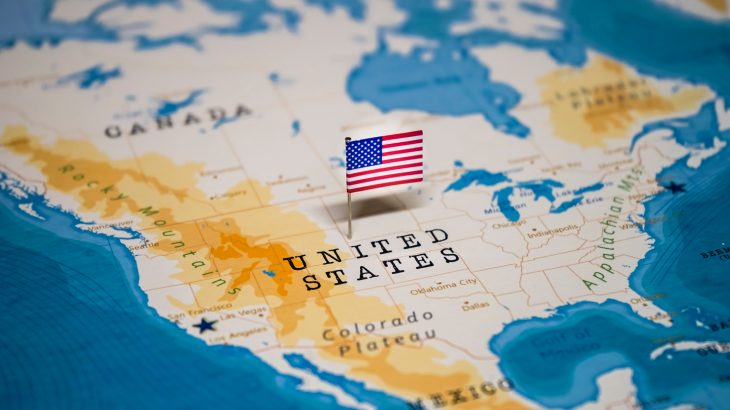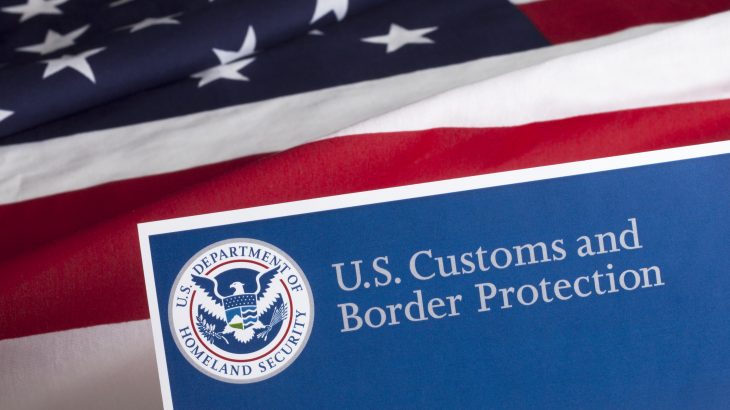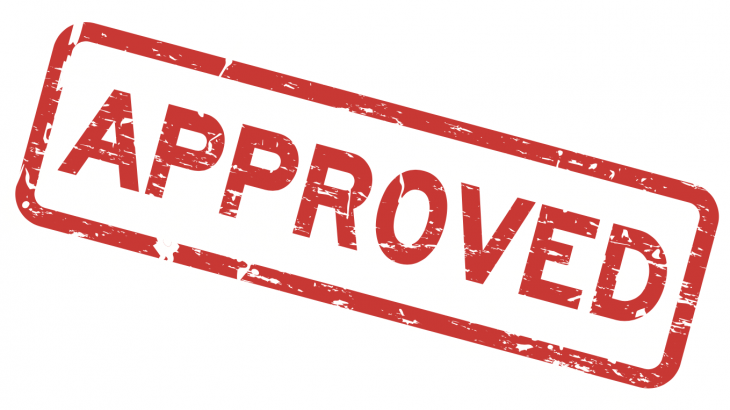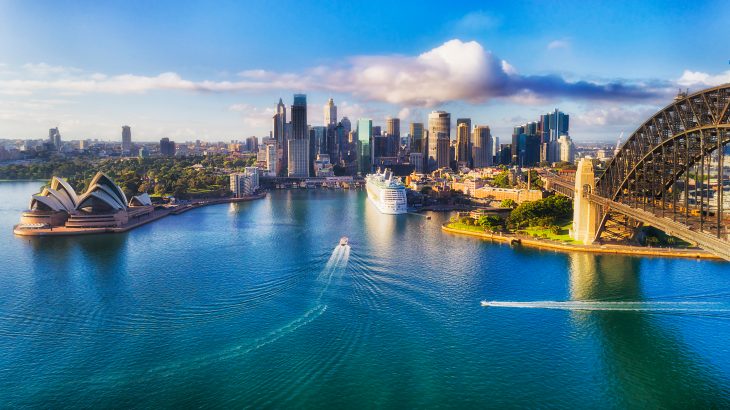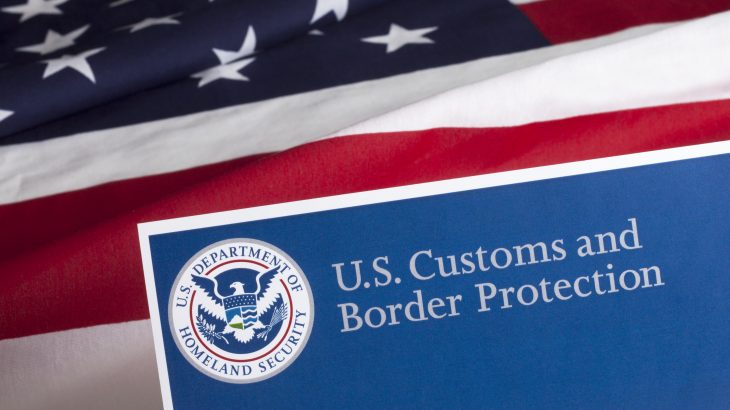President Biden has indicated that the US border will reopen in November, until then the National Interest Exception remains the only viable option for many people to enter the country.
The US border has been closed to people from Schengen countries in Europe as well as the UK, Ireland, India, Brazil and a number of other countries. President Biden announced this week that the eighteen month ban will be lifted at some point in November without giving much detail. The exact date remains uncertain and it is not clear whether the ban will be rescinded for all countries or only apply to the UK and the Schengen Zone.
So, for now there are only two viable options: spend two weeks in a permitted third country or make the case that your visit is in the US national interest.
Our firm has secured a good number of National Interest Exceptions NIEs for clients since the start of the Covid pandemic last March. This week, for example, we obtained an NIE for an Italian client seeking to travel to the United States on business.
The client is one of the leading Italian sales agents for the high-quality ceramic tiles. He represents the interests of a network of Italian tile companies – many based around the city of Modena. He is their global represenative and his area of responsibility includes the United States.
On behalf of the client, we argued that his work was within the permissible exceptions for travel as they came under the exceptions listed in the “Advisory Memorandum on Identification of Essential Critical Infrastructure Workers during Covid-19 Response”, issued by the Cybersecurity and Infrastructure Security Agency (CISA) on March 28, 2020.
His work supports the supply chain of building materials from production through application and installation, including cabinetry, fixtures, doors, cement, hardware, plumbing (including parts and services), electrical, heating and cooling, refrigeration, appliances, paint and coatings, and workers who provide services that enable repair materials and equipment for essential functions.
As we previously reported, these NIEs were recently bolstered to a year-long validity period with multiple entries to the United States permitted. That could soon be academic. If the restrictions on vaccinated travellers visiting the United States is lifted as indicated by the president next month.
There is also a chance that Biden will keep restrictions in place on some countries, so keep those National Interest Exceptions in mind
This article is published for clients, friends and other interested visitors for information purposes only. The contents of the article do not constitute legal advice and do not necessarily reflect the opinions of Davies & Associates or any of its attorneys, staff or clients. External links are not an endorsement of the content.

























